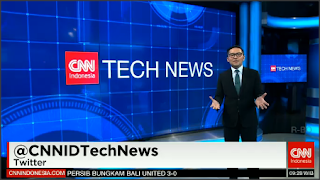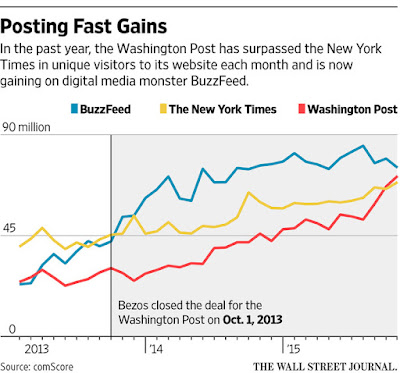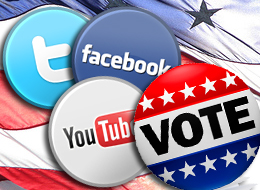 This previous week in our our Mass Media & Politics class we discussed reporting the news. I found a article online that relates to this topic that I thought I should share. The article details a new venture that CNN is taking a part in called 'Pacific' which is a news platform that specifically focuses on the West Coast's changing media landscape. The author Maxwell Tani explains, "the new franchise will be led by Senior Media Reporter Dylan Byers, and will focus on the powerful West Coast-based companies that have changed media, technology, and politics" (Tani 2017). This platform will starting sending out daily newsletters, events, and a podcast soon on 'Pacific'. According to the article, CNN technology coverage has notably increased within the year. They also recently launched another website that is different than 'Pacific' because it more broadly focuses on the business of technology. That is a standalone website like CNNMoney and Can Politics, which focuses on technology called "CNNTech". Some key features tabs of the site include 'Business', 'Culture', 'Gadgets', 'Future', and 'Startups'. Its seems as if more and more news sites are shifting more of their news sources towards tech news and CNN is definitely one of those sources.
This previous week in our our Mass Media & Politics class we discussed reporting the news. I found a article online that relates to this topic that I thought I should share. The article details a new venture that CNN is taking a part in called 'Pacific' which is a news platform that specifically focuses on the West Coast's changing media landscape. The author Maxwell Tani explains, "the new franchise will be led by Senior Media Reporter Dylan Byers, and will focus on the powerful West Coast-based companies that have changed media, technology, and politics" (Tani 2017). This platform will starting sending out daily newsletters, events, and a podcast soon on 'Pacific'. According to the article, CNN technology coverage has notably increased within the year. They also recently launched another website that is different than 'Pacific' because it more broadly focuses on the business of technology. That is a standalone website like CNNMoney and Can Politics, which focuses on technology called "CNNTech". Some key features tabs of the site include 'Business', 'Culture', 'Gadgets', 'Future', and 'Startups'. Its seems as if more and more news sites are shifting more of their news sources towards tech news and CNN is definitely one of those sources.- Question to Ponder: Do you think it is a good idea for major news sources to focus more of their news coverage towards tech news?
*News Article: http://www.businessinsider.com/cnn-tech-site-pacific-silicon-valley-dylan-byers-2017-9





